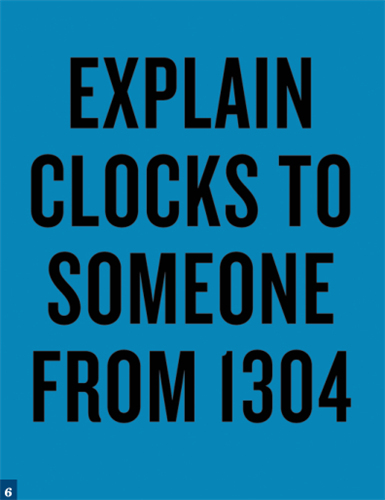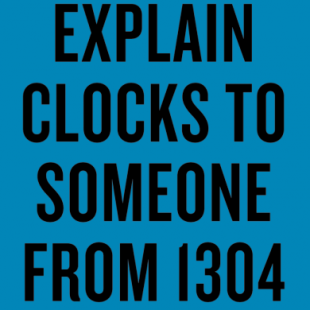Digital dependency
The new London exhibition 24/7 is a wake-up call for our non-stop world


Iain Forsyth and Jane Pollard's Somnoproxy (2019) is a futuristic story in which someone offers services to sleep on behalf of wealthy executives who are too busy and stressed to get any sleep for themselves. Visitors are invited to lie down in a large hotel bedroom and experience this sonic escape from reality.
British artist Mat Collishaw's The Machine Zone 00-01 (2019) sees six animatronic birds move inside glass boxes, exploring the idea of random reward. The concept highlights the algorithms driving social media interactions and has been linked to our likelihood to become addicted to them.
And Australian artist Tega Brain reveals the hacks to cheat fitness-tracking devices such as Fitbit in her project Unfit Bits (2015). The simple DIY strategies trick wearable technologies into believing that people have engaged in more physical activity than they have, helping to produce data to qualify them for incentives from employers or insurers, even if they can't afford a high-exercise lifestyle. Unfit Bits' hacks highlight the unreliability of such data streams-ones on which we seem to increasingly depend.
Punctuating the entire exhibit are author Douglas Coupland's provocative Slogans for the 21st Century (2011-present), boldly printed on brightly coloured backgrounds that echo the form and colour of standardised paper found globally in office environments and Instagram posts.
There are 148 all-caps proclamations-such as "Being Middle Class Was Fun", "Automated Governments Are Inevitable" and "I Miss My Pre-Internet Brain"-that surround viewers and speak emphatically to contemporary citizens, indicating how much society has changed within one generation and hinting at more dramatic changes to come.





































